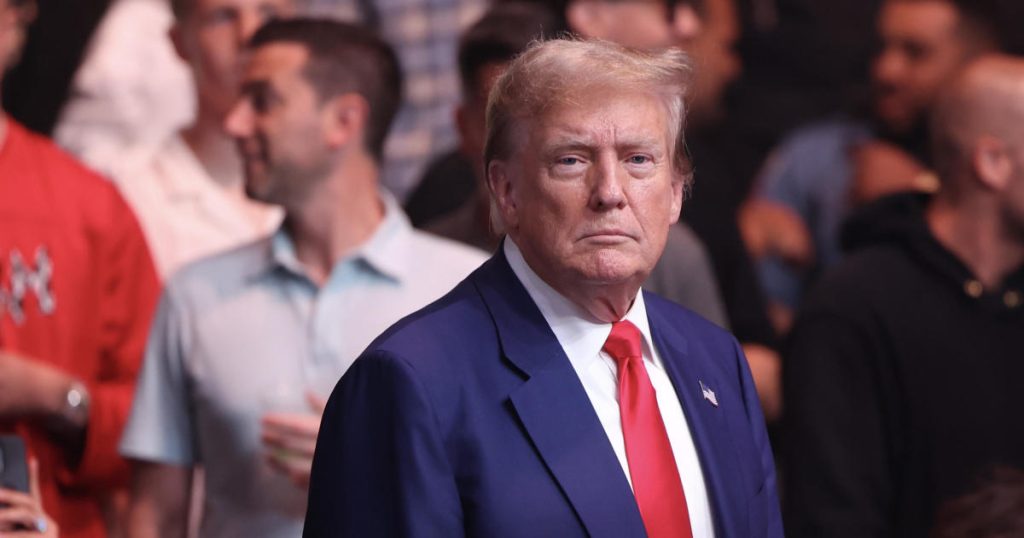Former President Donald Trump has requested the termination of the limited gag order that restricts him from commenting on witnesses, prosecutors, jurors, court staff, and their relatives in his New York criminal trial. His attorney argued that with the trial concluded, there is no longer a justification for limiting Trump’s First Amendment rights. Trump was recently convicted on all 34 felony counts of falsification of business records, making him the first former president ever convicted of a crime. His attorney emphasized the importance of unrestrained campaign advocacy, especially in light of recent comments by President Biden and continued attacks against Trump by government witnesses Stormy Daniels and Michael Cohen.
The gag order was initially placed on Trump by Justice Juan Merchan before the trial began due to concerns about threats to potential witnesses, jurors, court staff, and prosecutors. When Trump attacked the judge’s daughter, Merchan expanded the gag order to prevent him from targeting family members of those involved in the case. Trump was still allowed to criticize District Attorney Alvin Bragg and the judge. However, despite the restrictions, Trump continued to make comments about people affiliated with the trial, resulting in multiple violations of the gag order. Merchan found that Trump’s rhetoric posed a threat to the integrity of the judicial proceedings and caused fear among those involved.
With sentencing scheduled for July 11th, only four days before the Republican National Convention, Trump may face a harsher sentence if he decides to comment on those protected under the gag order. The judge has discretion in determining the sentence and could take into account factors such as Trump’s conduct, prior violations of the gag order, and lack of remorse. Trump faces a potential sentence of up to four years in prison and a $5,000 fine per felony conviction. His attorney’s argument hinges on the idea that with the trial concluded, there is no longer a valid basis for restricting Trump’s First Amendment rights.
The ongoing battle over the gag order reflects the tension between free speech rights and concerns about interference with judicial proceedings. Trump’s status as a leading candidate in the 2024 presidential election adds another layer to the debate over whether the gag order should be lifted. While the judge had originally imposed the gag order to protect those involved in the trial, Trump’s attorney argues that the restrictions should be lifted now that the trial is over. The outcome of this legal battle could have implications not only for Trump’s case but also for the broader interpretation of free speech rights in the context of high-profile criminal trials involving public figures.


